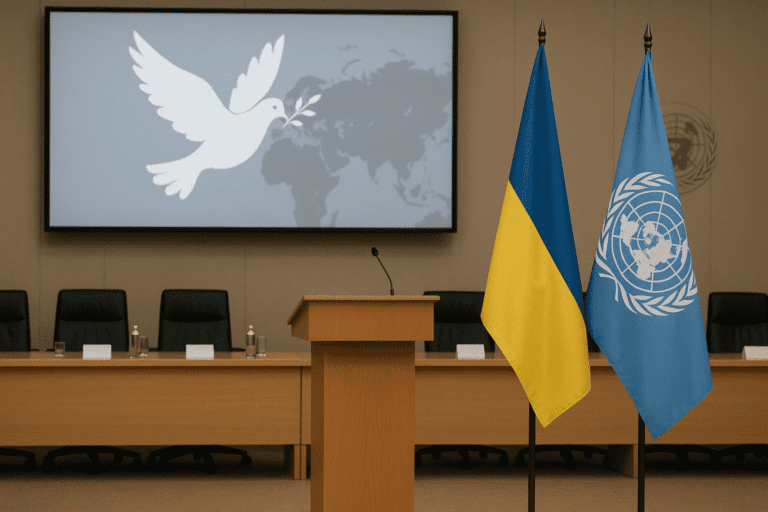On June 16, 2024, the Ukraine Peace Summit concluded in Bürgenstock, Switzerland, following three days of intensive diplomatic negotiations aimed at charting a path toward peace in the ongoing conflict in Ukraine. Bringing together representatives from 92 countries and 8 international organizations, the summit was among the largest and most significant peace initiatives in recent memory, reflecting the urgent global desire to address the humanitarian and security crises stemming from the war.
One of the summit’s key outcomes was a firm international stance against nuclear threats. Delegates collectively condemned the use and threat of nuclear weapons, calling for disarmament commitments from all involved parties. This position underscores widespread anxiety about the risk of the conflict escalating into a nuclear confrontation and highlights the global imperative to maintain strategic stability and prevent further escalation.
Another central issue at the summit was the disruption of global food supply chains due to the conflict. Ukraine, often called the “breadbasket of Europe,” plays a vital role in feeding millions worldwide, and the war has severely impeded its ability to export grain safely. Summit discussions prioritized securing reliable and safe channels for Ukrainian grain exports to continue uninterrupted, emphasizing the importance of global food security amid the ongoing hostilities.
The humanitarian dimension of the conflict also took center stage, particularly concerning prisoners of war (POWs). Both Ukrainian and Russian parties agreed to submit to international oversight regarding the treatment and conditions of POWs, marking a rare area of consensus. Although the summit did not result in a formal ceasefire agreement, participants committed to advocating for renewed peace talks focused on expanding humanitarian aid and addressing the long-term sovereignty and stability of Ukraine.
A significant hurdle during the summit was the absence of Russian officials, which complicated efforts to reach comprehensive agreements. Despite this, international leaders reaffirmed their commitment to maintaining diplomatic pressure on Russia while continuing to support Ukraine. The gathering served as a critical platform for reinforcing global unity on the need for peaceful resolution, even as military conflict persists.
While the summit did not deliver an immediate end to the war, it was widely regarded as a crucial step in revitalizing diplomatic engagement and prioritizing humanitarian concerns over continued military escalation. The event highlighted the essential role of dialogue and cooperation in tackling complex international crises.
As the conflict in Ukraine continues to evolve, the outcomes of the Bürgenstock Peace Summit offer a foundation for hope and further diplomatic efforts. The international community’s renewed focus on peace, humanitarian aid, and respect for Ukraine’s sovereignty marks a pivotal moment in the long and challenging journey toward resolving one of the most pressing conflicts of the decade.


